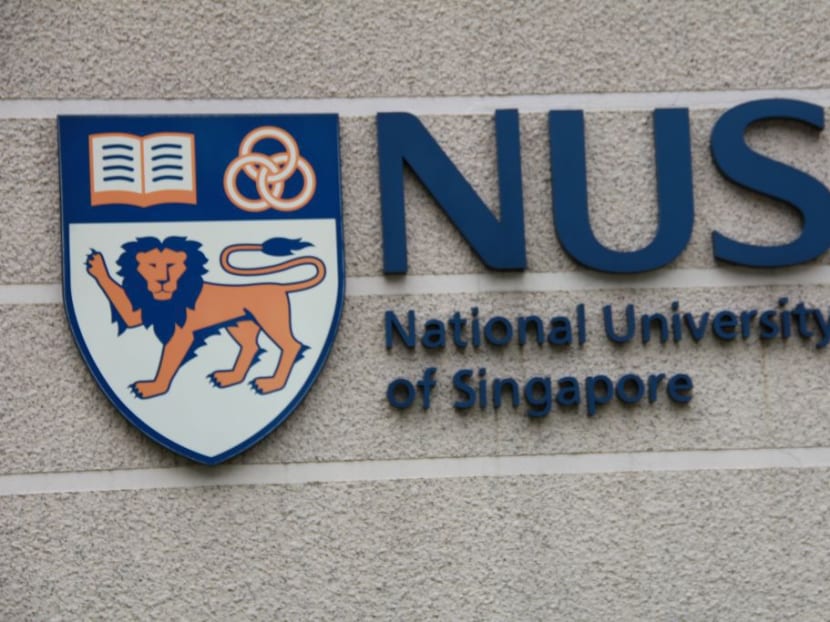NUS taps augmented reality in training doctors
SINGAPORE — Aspiring doctors in the National University of Singapore’s (NUS) medical school can soon tap on virtual reality aids, as part of the faculty’s push to embrace cutting-edge technology in medical training.
SINGAPORE — Aspiring doctors in the National University of Singapore’s (NUS) medical school can soon tap on virtual reality aids, as part of the faculty’s push to embrace cutting-edge technology in medical training.
Under a recent collaboration with Carnegie Mellon University in the United States, the Yong Loo Lin School of Medicine is exploring using augmented reality headsets to simulate various disease states over an abdominal manikin.
Led by Associate Professor Erle Lim, the project was the result of feedback from students. The school has been using the manikin since 2003. While it has been useful for practising palpation skills, the students felt that it would be even more helpful for them if they can visualise the abdominal organs during training.
The use of augmented reality allows faculty members to create various scenarios to hone different skills, said Assoc Prof Lim. Practising on an inanimate object will also help students build confidence before going into the wards to treat real patients, he said.
The simulated manikin, dubbed MediSIM, was showcased at the national conference on technology-enhanced learning which opened on Tuesday (Nov 21).
The faculty hopes to build up its catalogue of scenarios and tap MediSIM on a wider scale among medical undergraduates within the next year, said Assoc Prof Lim.
Also on display at the conference was a stereoscopic 3D system developed by the university’s Faculty of Dentistry to teach students operative skills, such as giving injections. When the procedure is carried out correctly, the system emits a green light. Traditionally, students would practise certain lower-jaw injections on each other, said faculty member Intekhab Islam. “And some people do get injured that way,” he said.
Speaking at the conference, Education Minister (Higher Education and Skills) Ong Ye Kung said the education industry must continue to embrace the fast-changing technology. “We must not conclude or assume that the richness of human life will be reduced to bits and bytes, and that technology will totally consume us,” said Mr Ong.
He noted that while educators make use of relevant technology, they are also increasingly exposing students to the real world, such as though field trips and outdoor learning. “The campus is also a place to meet mentors, prospective employers, build networks, and to find love. All these are important aspects of learning, not quite replaceable by technology, and we are doing more of them,” he said.







